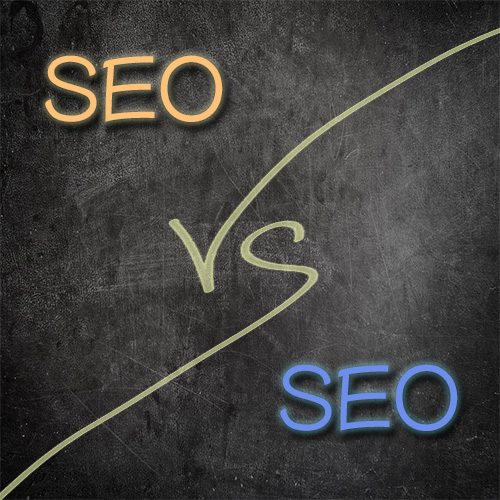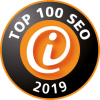On November 10, the Search Conference took place in Munich (Germany).
At the event, experts discussed and presented the latest trends and topics on search engine marketing. A highly relevant training to remain competitive as a company. Because SEO methods should be regularly updated – and this is where moderator Astrid Jacobi, Managing Director of jacobi & jacobi, helps.
The existence of classic SEO in times of paid Adwords ads, which dominate especially in the mobile sector, was among the topics of the seminar.
In this context, Ms. Jacobi also addressed the development of voice search. According to a survey by Google in the USA, out of 1400 users, 55 percent of teenagers and 41 percent of adults already use the voice search option.
For Astrid Jacobi, machine learning is one of the most significant trends in search engine optimization. According to Cisco, machine-to-machine traffic will grow by 71 percent by 2019 – 67 percent of IP traffic will then be generated by non-PCs. In this regard, Google’s new “RankBrain” project. (Blog effektor – Google RankBrain) For quite some time now, the AI system has been analyzing almost all search queries received by Google – it is worth pointing out that users have never made 15 percent of daily queries.
However, Google Rankbrain can also have a negative impact on companies, as Google increasingly answers the questions asked in the search mask itself. As a result, in some cases the linked company pages no longer receive any clicks and precious reach is lost.
Just as the number of Adwords ads is increasing, organic hits are decreasing – and especially in the mobile sector.
This crystallizes the question of whether classic SEO still has a chance at all.
According to Jacobi, the question can be answered with “yes” if the following points are taken into account:
- Performance optimization
When visiting a website, users should not expect any hurdles in the form of long loading times. Too long waiting times are punished by users with an abort and so the website operators lose potential customers. Websites that load in more than 0.1 seconds are no longer perceived as “instant”. Mobile device users are even more impatient. To further optimize your website performance, these are some of the options available to you:
- Compress images
- Set Expiration Date of a file
- Prefetching
- CSS and JS
- Load “above the fold” fields first
Read more: (Blog effektor – Website performance)
- User-Experience
“The term user experience encompasses all aspects of a user’s interaction with a company, its services or its products. It describes expectations, perceptions, and reactions that occur before, during, and after actual use.”
Here you can learn more about User Experience.
In our case, a user’s website perception is important:
- Appealing design
- Meaningful content
- Easy to use
- Clear structure
The more positively users perceive your product, the more successful your Internet presence will be. In addition, Ms. Jacobi recommends optimization for mobile as well as for the Facebook browser in addition to some usability testing tools.
- Context marketing
Furthermore, relevant and holistic content is extremely important. It should always be maintained and updated. There are two types of content factors – information that acts as a content push and information that acts as a context push.
General relevant information such as,
- Technical papers
- Whitepapers and E-Books
- Charts
- Videos
- Webinars
are classified as content push factors.
This type of content remains important, but in the future it should be supplemented with situation-specific information to create a pull effect. Factors for the context pull are:
- Location-specific contents
- Time-related content
- Personalized content
“So only targeted contextual information will generate the desired pull effects in the future, while general content marketing will increasingly take on a push character with declining effectiveness.”

Source – Pull and Push-Factors:
https://hsimmet.com/2014/02/22/step-to-the-next-vom-content-marketing-zum-context-marketing/
Learn more about the Search Conference here:












